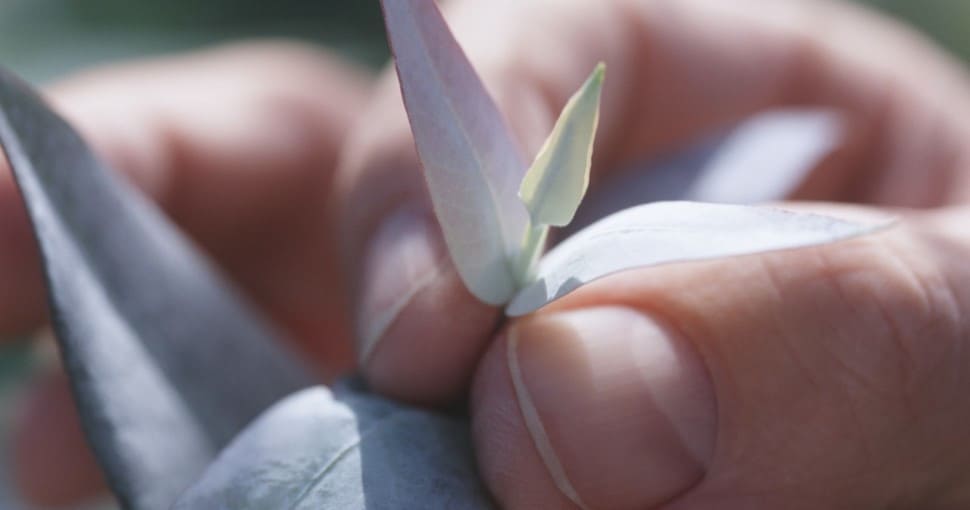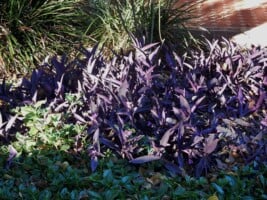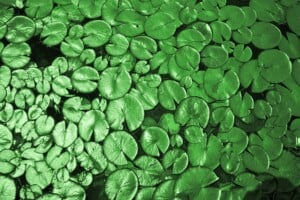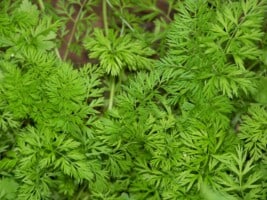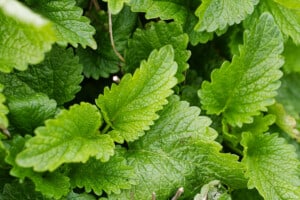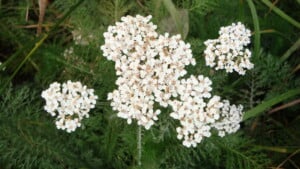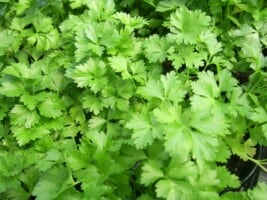You may have heard that the finicky koala bear lives on eucalyptus leaves. These leaves are also used in cough and cold medicines, and the leaves are used in some herbal remedy teas. The oils are also considered antiseptics and reduce the risk of infection as they promote healing. The benefits of this plant make its status as a toxic plant confusing.
Contents
Eucalyptus leaves are poisonous to most people and animals. Eucalyptus leaves contain eucalyptol, which is an organic compound that is toxic in higher doses. It is the oil from these leaves that should not be consumed. However, it has several health benefits in very small doses or when added to other products.
Related: Are Bay Leaves Poisonous?
Are Eucalyptus Leaves Poisonous to People?
Eucalyptus leaves contain eucalyptol, and they are poisonous to people. However, they offer health benefits topically and in small doses. Eucalyptol is a natural antiseptic, and it is included in cough and cold medicines to help loosen mucus and clear the sinuses. It is also added to toothpaste to fight gum disease and plaque, and it fights bad breath as well.
Studies have also shown that it can help reduce pain, swelling, and inflammation when it is inhaled in aromatherapy. It can help soothe irritated skin and improve itchiness and scaling. It is also an effective treatment against head lice.
In spite of these benefits, it can be dangerous. People who have sensitive skin may have an allergic reaction to eucalyptus on the skin. In addition, eating eucalyptus leaves or too much of the plant can lead to serious symptoms, including seizures and organ failure. Milder symptoms include nausea, vomiting, diarrhea, and more.
Are Eucalyptus Leaves Poisonous to Dogs?
Eucalyptus leaves are poisonous to dogs. The oil in the eucalyptus plant is eucalyptol, which is used in a lot of different household products because it has antiseptic properties. If your dog eats enough of it, it can cause stomach pain, vomiting, and diarrhea. It is also a neurotoxin, which means that it can cause neurological symptoms such as confusion, depressed mood, and seizures.
Even if you don’t have eucalyptus plants in your home, you may have cough or cold medicine, tea, or essential oils that contain eucalyptus oil. If your dog eats any of these items, it can suffer from toxicity.
The symptoms include the following:
- Depressed mood
- Confusion
- Diarrhea
- Drooling
- Lethargic behavior
- Low blood pressure
- Rapid heart rate
- Shallow breathing
- Seizures
- Vomiting
- Lack of coordination
If your dog consumes any product containing eucalyptol, you should contact your vet. The vet will likely examine your dog and offer supportive treatment. The exact treatment will depend on how much your dog consumed and the level of toxicity.
Are Eucalyptus Leaves Poisonous to Cats?
Eucalyptus leaves are poisonous to cats. Whether the leaves are dried or fresh, they can be dangerous. Your cat can experience symptoms such as drooling, seizures, diarrhea, vomiting, confusion, and more. If you use eucalyptus in your home, consider using it in the form of an essential oil in a sealed container.
Cats are naturally curious animals, and they have been known to munch on leaves and plants. It is important to make sure that you don’t have toxic plants such as eucalyptus in a location where your cat can reach it.
If you are concerned that your cat has eaten eucalyptus leaves or products that contain the oils, contact your vet right away. The poisoning from the plant can take time to pass through its system, so you need to act quickly. Once you see severe symptoms, you may not have time.
Are Eucalyptus Leaves Poisonous to Livestock?
Eucalyptus leaves are poisonous to horses, to cattle, to sheep, to goats, and to chickens. Although most horses will avoid eucalyptus leaves, if they find dried leaves and are hungry, they may eat it. However, horses need to eat a lot of it to have serious symptoms. Most farm animals, such as horses, cattle, goats, and sheep, are herbivores and will eat most plants. They tend to have preferences, and the eucalyptus leaves aren’t high up on their lists. However, if they are hungry enough, they will eat just about anything.
People often believe that animals instinctively know which plants are harmful, but that isn’t always the case. The reason that grazing animals avoid certain plants is that they don’t enjoy the taste. However, when they are hungry, they will eat just about anything.
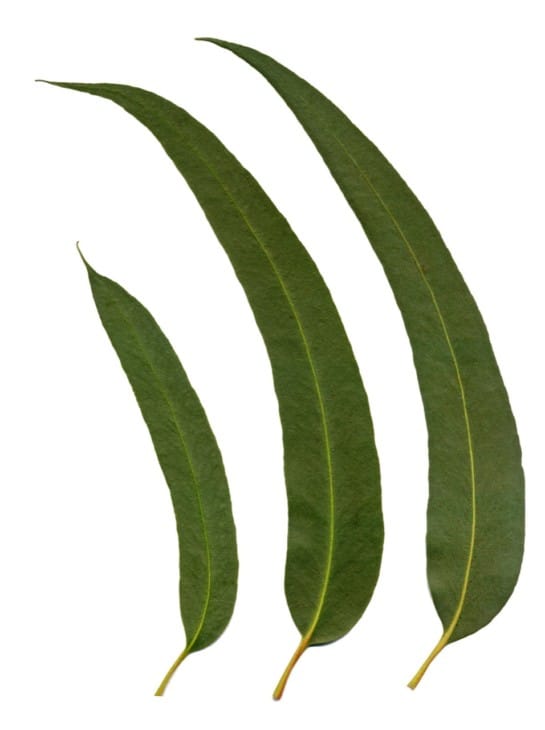
Since eucalyptus leaves aren’t tasty to these animals, they aren’t likely to eat enough to show symptoms of poisoning. However, if they do, it is a medical emergency and you need to call the vet.
Chickens are naturally curious and forage while they are free ranging. Eucalyptus leaves are poisonous to chickens, and they may have Aspergillosis spores. This is a fungus that can cause death in certain types of birds, including chickens. You need to exercise caution when you have free-range chickens because they will try just about anything. If they ingest too many eucalyptus leaves, it can be toxic for them.
Are Eucalyptus Leaves Poisonous to Wild Animals?
The one animal that relies on the eucalyptus leaves for survival is the koala bear. They are actually the main source of food for them. The koala has a unique digestive system that is designed to break down the leaves. Koala bears rely on the leaves for hydration.
However, eucalyptus leaves are poisonous to deer and other animals. Eucalyptus plants are considered deer-resistant because they don’t normally eat them. However, if they can’t find anything else to eat, they will eat them. The fragrance in the eucalyptus leaves repels flies, which is why animals will rest under a eucalyptus tree during the day.
Eucalyptus leaves are poisonous to rabbits, squirrels, and other animals as well. In addition to koala bears, a few species of opossums can eat them but most other animals can’t. However, wild animals are less likely to suffer from eucalyptus poisoning because they have other options that they prefer. Most wild animals stick to their normal diet unless something is a tasty treat.

